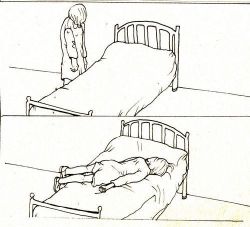@Valentijn thanks, but I prefer to be diagnosed by professionals

By what professionals and by what criteria? What expertise do they have with the neuroimmune illness ME/CFS? Did they use Oxford, Fukuda, CCC, ICC, or "I'm assuming that since you are fatigued you must have Chronic Fatigue Syndrome" criteria to diagnose you?
Many, many doctors who are not ME/CFS experts misdiagnose chronic fatigue as Chronic Fatigue Syndrome. That doesn't make the diagnosis correct; it means they don't understand the illness. Chronic fatigue, the symptom, can be the result of many and varied conditions. It is NOT the same thing as the neuroimmune illness ME/CFS.
Then there's the "CFS is a psych condition" crowd who use Oxford or other criteria to diagnose what they call CFS, but is actually MDD, or other mental illness. What they choose to diagnose as CFS may very well be MDD or closely related.
PEM is not the same thing as exercise intolerance. Like chronic fatigue, exercise intolerance is a symptom of multiple conditions and is NOT diagnostic for ME/CFS.
The problem here is that you are claiming endogenous depression and CFS are related based on your experience. However, your experience apparently doesn't include immune dysfunction, OI, neurological symptoms as listed in the ICC, or (it appears) PEM. So extending conclusions about
your illness to those of us with the symptoms described in the ICC is unwarranted.


